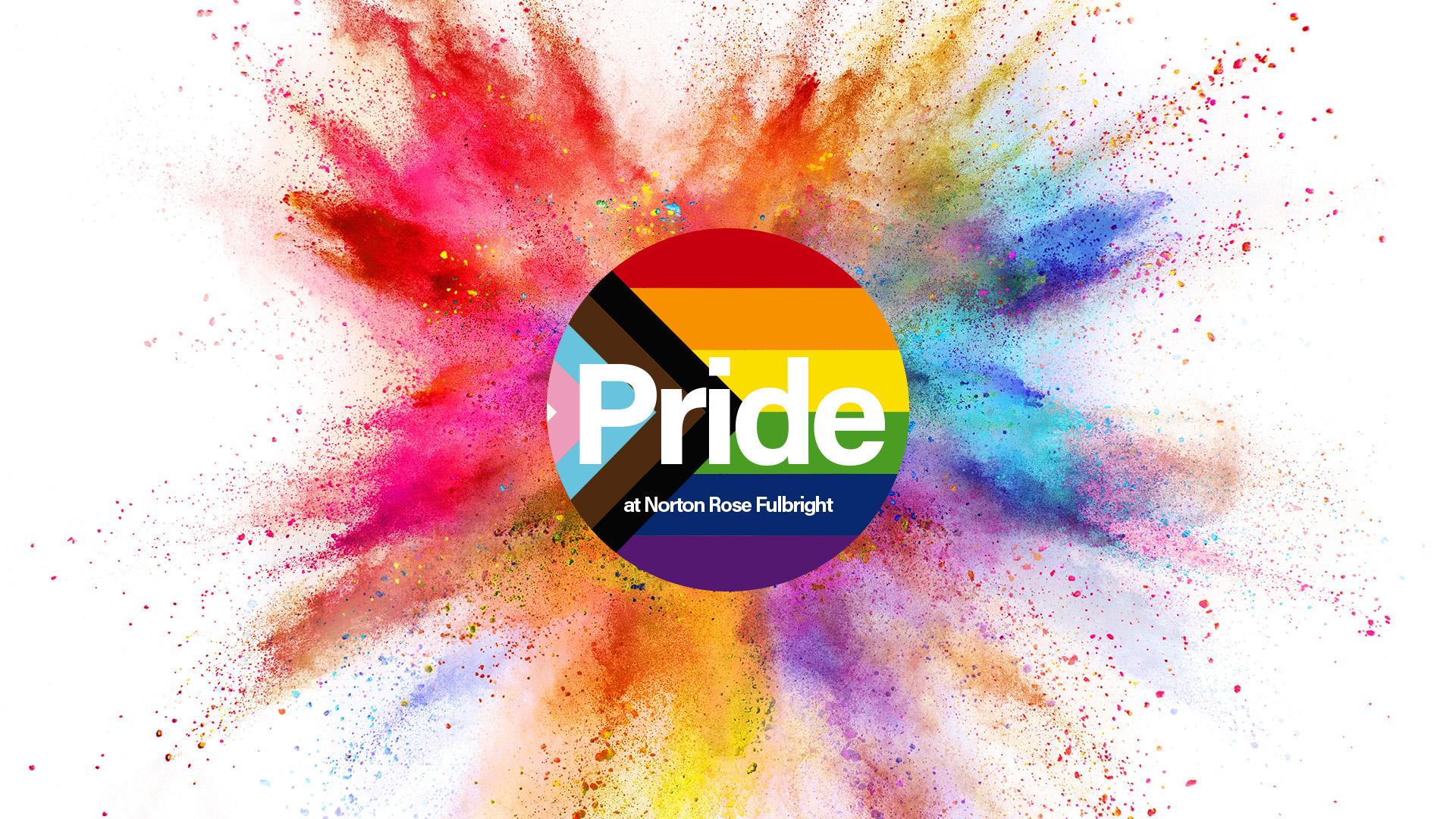Carlo discusses his views on the importance of creating an open, supportive and safe environment for LGBTIQ+ colleagues. From being visible, to key advice for allies, there are many small actions that can be taken that all add up to have a real effect on the workplace and people’s lives.
“I think what for me is really important is that you work in an environment where you can be your true self. I have never had to act differently or feel that I cannot be my true self. I think that's a real privilege because that is not always the case for everyone.”
But it doesn’t stop there for Carlo, to him that privilege is something to acknowledge but also something that can be used for good. He highlights that, as a gay man who is out professionally and personally, it is really important for him to create the safe and supportive environment for others that he himself has benefited from. “What I'm trying to do, within my team and wider across our office, is to create an environment that is based on trust and where everyone can be their true selves – to lead by example. If you're presenting yourself as someone you are not really, it can have a really heavy impact on your daily life – but more specifically on your work.”
So, what would that look like in practice? Carlo mentioned about the importance of showing up, to take an interest in the community, and to be present and visible. “It all adds up. If you join events for allies, you’re able to hear first-hand experiences from people in the LGBTIQ+ community who you may know and get a better understanding about what it can be like for those in the community. But also, for members of the community, being open and vocal really helps with visibility – you never know if any of your colleagues may be struggling and may want someone to reach out to. They’ll never know it could be you unless you show them.”
Whilst coming out can often be a big moment in a person’s life, sometimes being open at work can mean that you have to regularly and repeatedly come out. How do you navigate that when it could potentially stir up old emotions?
Carlo highlights: “When I came out to my parents, that was an emotional moment because it's something I had been struggling with for quite some time. The funny thing was, in my case, that I was completely sure that my family and friends would be supportive. Actually, the harder part was really accepting myself as being a gay man. Nowadays, I don't care anymore. I'm happy to say that all belongs to the past.”
“The way I approach it now is that I think we’re all here in a professional organisation doing our job. I think it shouldn’t matter how you identify but it does matter that you do identify. It can be interesting to regularly ‘come out’. For example, if people ask me ‘do you have a girlfriend?’ – there are two answers you can give. You can say, ‘No, I don't have one’, which is truly, fully correct. Or you can say, ‘Well, no, I don't have one, but I have a boyfriend’, or ‘I don't have one. I'm single and I'm gay’ – which is normally the way I approach it.”
Carlo notes that he would encourage colleagues to use gender neutral questions when asking about people’s personal lives, but that there is something very important about intention too.
“I think if you ‘get it wrong’, so to speak, it’s your intention behind the question and your reaction to it that really make all the difference. You can be open and supportive without being perfect.”
“What I would really like someone to take away from this is that creating a safe working environment is not the responsibility of others – senior people or those in the LGBTIQ+ community. It is everyone's responsibility. Make sure in your daily routine, to be the person that you would feel comfortable with to tell your story. We are all in this together”.




